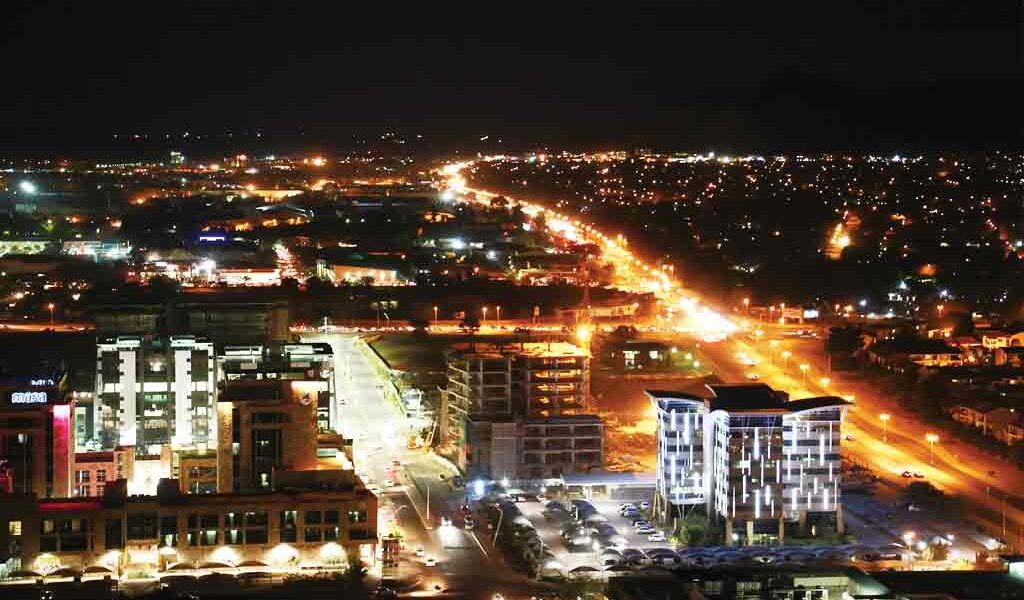TSHIAMO TABANE
Statistics Botswana, the government statistics agency, says Botswana recorded increase in power imports during the second quarter of 2017 (Q2 2017), following a decline in locally generated power during the quarter.
Recent data from the Ministry of Mineral Resources, Green Technology and Energy Security shows that since 2012 government spent over P5 billion on power imports from Southern African Power Pool (SAAP) and power utilities in Southern Africa.
In a report released last week Statistics Botswana revealed that the latest figures show that imported electricity during the second quarter of 2017 (Q2 2017) increased by 18.7 percent (35,226 MWH), from 189,052 MWH of imported during the first quarter of 2017. The statistics agency stated that Botswana had to import more power during the second quarter of 2017 due decrease in locally generated power. “Botswana Power Corporation imported 24.9 percent (152,659 MWH) of its power needs during the period under review. The imports were predominantly from the Southern African Power Pool (68.1 percent), Eskom (20.2 percent), Namibia Power Corporation and Electricidade de Mozambique at 6.5 percent and 5.2 percent respectively.”
Statistics Botswana has indicated that comparison with the first quarter of 2017 figures shows that the contribution of locally generated electricity declined during the second quarter of 2017. Figures from the statistics agency shows that electricity generated locally contributed 75.1 percent to electricity distributed during the second quarter of 2017, compared to 78.7 percent recorded during the first quarter of 2017. “The quarter-on-quarter comparison shows that the contribution of electricity generated to electricity distributed during the current quarter decreased by 3.6 percentage points when compared to the contribution of locally generated electricity during the first quarter of 2017 (78.7 percent).” Statistician General Annah Majelantle stated that when compared to power generated during the second quarter of 2016, electricity generated locally decreased by 3.4 percent (23,404 MWH). “The decrease is partly attributed to the reduced use of emergency power generators. There was an increase in imported electricity during the quarter, to offset the decrease in generation,” said Majelantle.
Physical volume of electricity generated during Q1 2017 and the preceding quarter (fourth quarter of 2016), shows a decrease of 10.8 percent (84,690 MWH), from 783,141 MWH during the fourth quarter of 2016.
Botswana is forced to continue importing power because Morupule B, a multi-billion pula power plant which was intended to improve power security and reduce power imports, has been failing to function properly since it’s commissioning in 2012. Appearing before the Parliamentary Accounts Committee (PAC) in June this year, accounting officer from the Ministry Mineral Resources, Green Technology and Energy Security Obolokile Obakeng revealed that the costs of electricity would be lower if Morupule B was functioning properly and fully contributes to locally generated and distributed power. “If Morupule B was functioning properly the cost of electricity would be 50 thebe per kilowatt per hour, but because Morupule B is not functioning properly and we are forced to continue importing, the cost of electricity is high. Recent figures show the cost of importing power is 150 thebe per kilowatt per hour,” stated the Officer.

